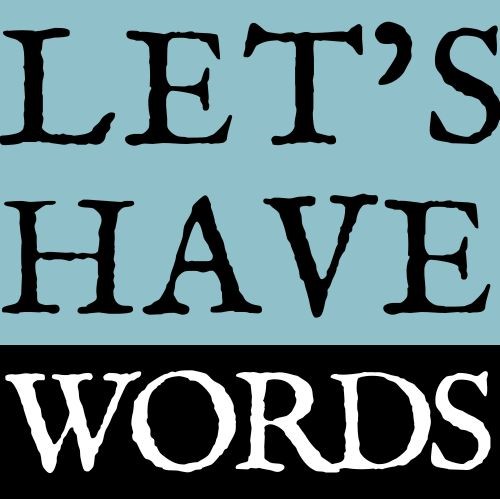Let’s have words…
Professional copy for captivating conversations and powerful brands
Real writing for real people
You’re a brand on a mission and you need the right words to connect with your audience. We’ll find them.
By getting to know your brand like only a human can, we’ll use language to help you stand out from your competitors, and connect with and build better relationships with your customers. We spend our time finding the right words, so you can focus your time on your business.
c
We spend our time finding the right words, so you can focus your time on your business.
Brand development
Powerful language to define your brand, service or product and connect with your audiences.
Copywriting
The right words get results. We write copy that engages and captivates your readers, and prompts them to act.
Editing and proofreading
Prefer to do your own writing? We’ll make sure it’s the best it can be.
Blogs and articles
Need a regular supply of blogs to keep people interested? I’ll research and write original content with a human voice.
Ghostwriting
Your ideas and subject expertise, combined with my writing skills, will get your book or e-book out of your head and into the world.
Interviews and video scripts
Sharp, precise scripts for videos that get to the point.
Powerful brands
Big brand thinking for small business owners. Our Brand FoundationsTM programme is designed to guide business owners towards a greater understanding of their customers, competitors and business landscape. Robust, flexible brand foundations support more powerful communications for greater business impact.
Brand Foundations
- Clarify your business vision
- Understand your marketplace
- Identify your customers
- Define your messages
- Power-up your communications


Études Newsletter
- A world of thought-provoking articles.
- Case studies that celebrate architecture.
- Exclusive access to design insights.
“Études has saved us thousands of hours of work and has unlocked insights we never thought possible.”
Annie Steiner
CEO, Greenprint
Watch, Read, Listen
Join 900+ subscribers
Stay in the loop with everything you need to know.
